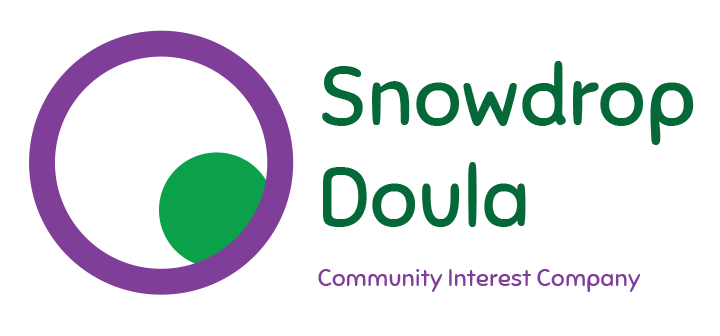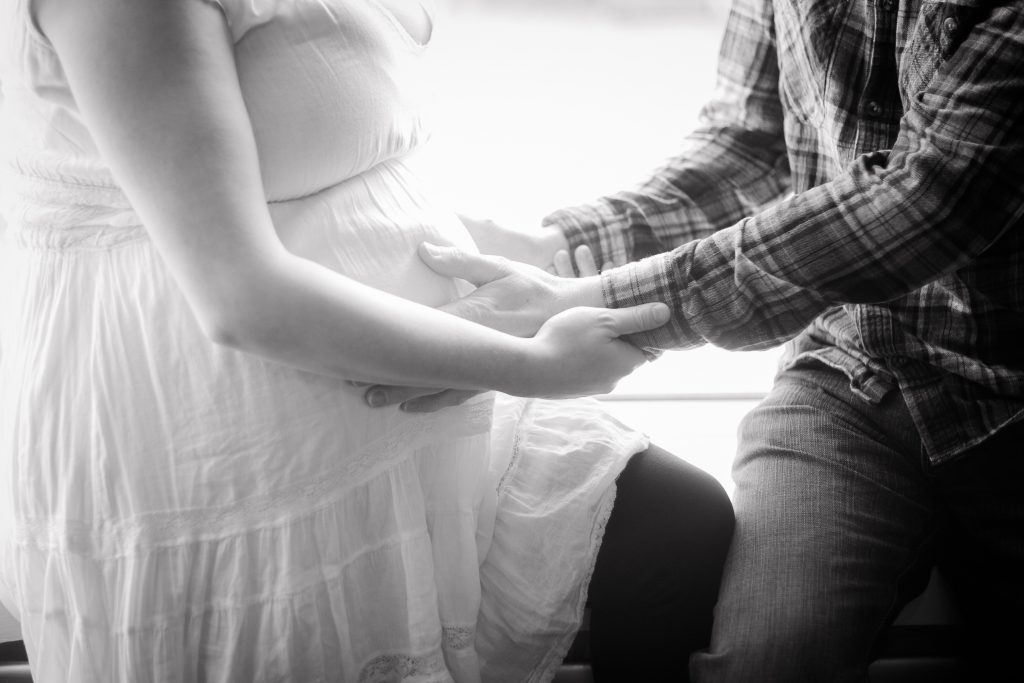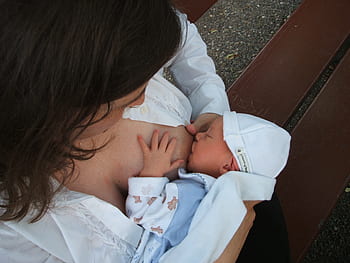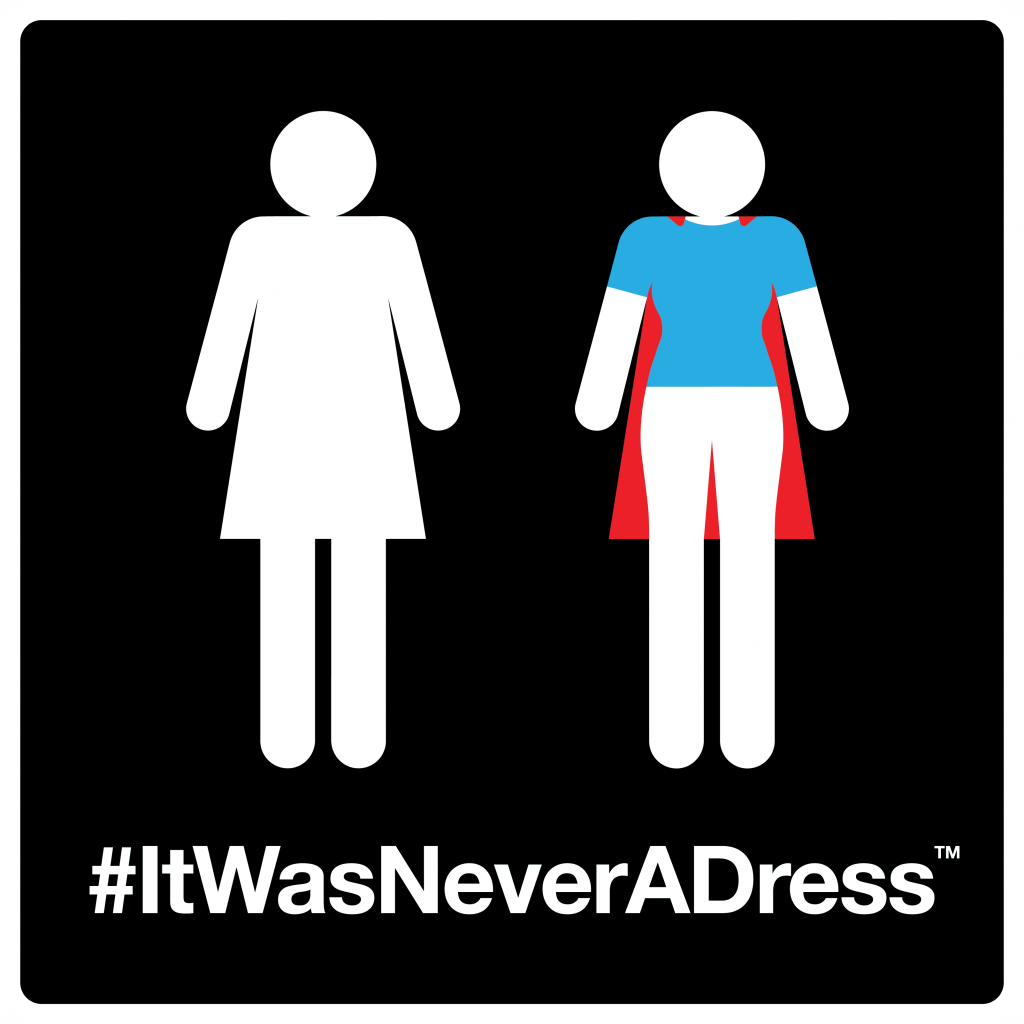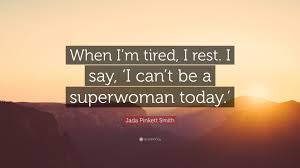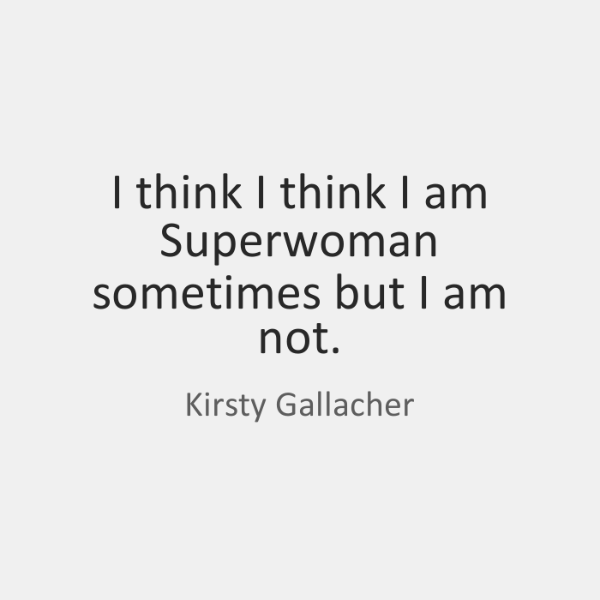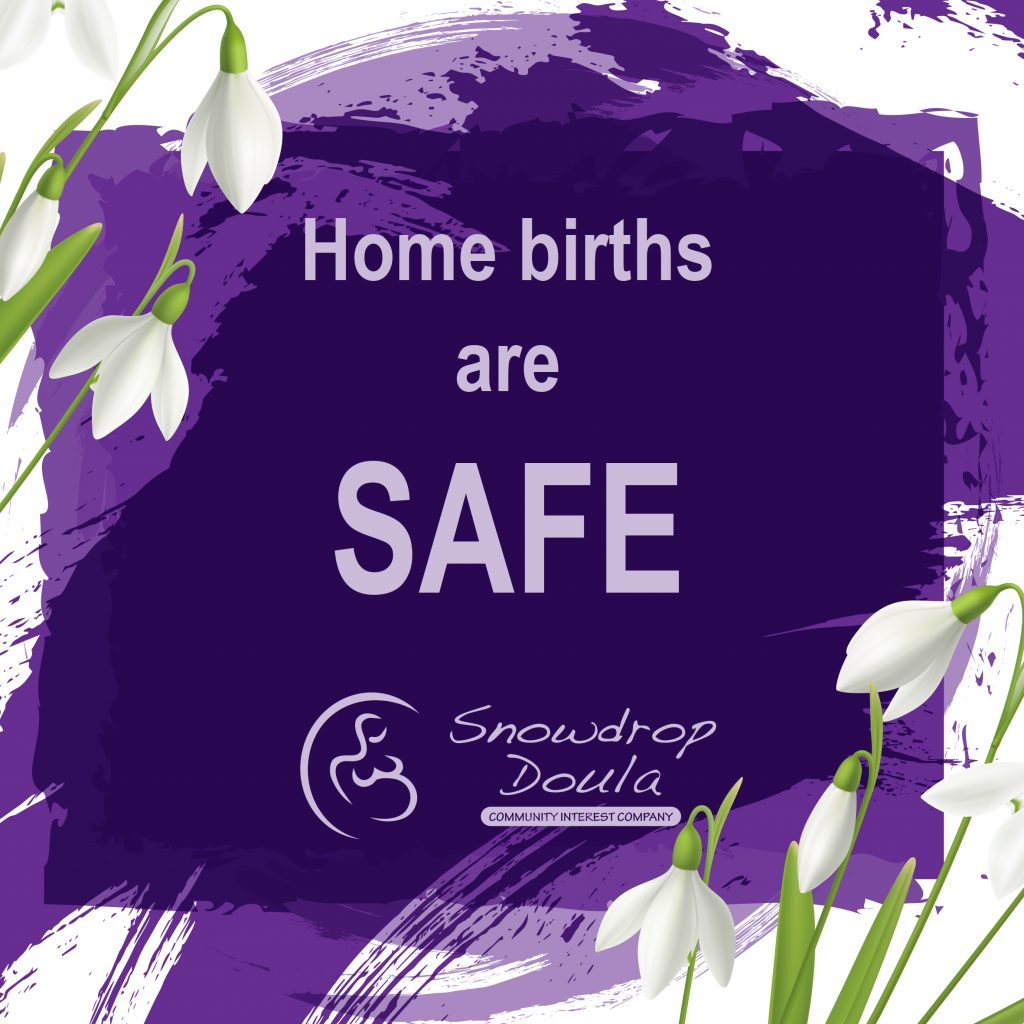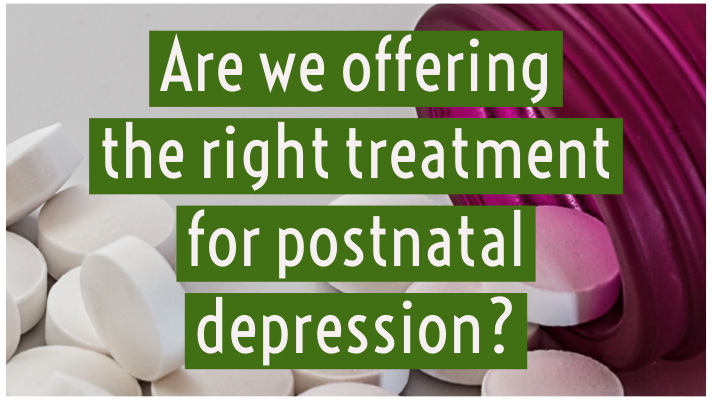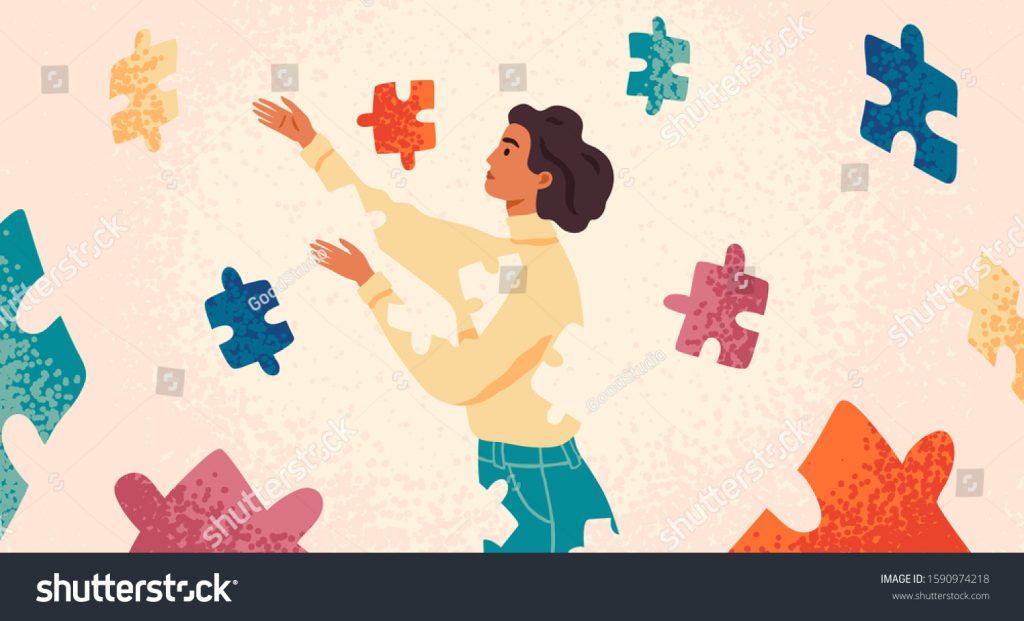This post may be quite a difficult read for both professionals and parents.
If you feel you need some support then please call you GP, a mental health charity or call a trusted friend.
When we think about maternity care we envisage wonderful people who just want to make a persons life better. We think of caring humans who are doing what they can to keep people alive.
Yet within this grooming is happening. And yes, the same tactics that the typical vision of a groomer of young girls does also happen in maternity care.
How? Many ways.
Coercion is the big one. Coercion is actually usually done very subtly and in many forms.
Power imbalances play a part. The NHS and maternity system is seen as some amazing institution (it is) and the people within it often seen as untouchable. Yes, maternity staff are very knowledgeable, they are also human, with emotions and biases. This is OK. They do, however, hold a lot of power and with this means that those who aren’t as knowledgeable, appear to have less power. With every power difference those that hold higher perceived power can very easily coerce. Simply because we are taught to believe what the professionals, those with authority, tell us.
We learn this at a very young age through our parents and teachers. Learning to listen to our parents isn’t a bad thing as it keeps us safe. Believing everything anyone with some authority tells us does not necessarily keep up safe (look up Milgram studies in authority for anyone interested in the deeper psychology.)
A typical abuser will assert authority in order to control an manipulate/coerce.
Language used in maternity and health care is often coercive. Think about conversations that are had around deciding a plan of care. “I’m not allowed”, “you’ll be against medical advice” etc. If you feel you cannot say no then it’s not consent and is legally assault.
One for professionals who say “my ladies”, perhaps we should be using alternatives such as “women I work with… women I support”. Using the word “my” implies ownership. It implies control.
Then we have gaslighting and guilt tripping involved. Gaslighting is a series of techniques that make the person its being done to feel confused and like they are wrong. Done to assert control and power.
I would say, controversially, that birth debriefs (especially by the same person in the same unit) are a form of gaslighting the parents. (But debriefs are a whole other topic for another day)
So, how does gaslighting exist in maternity? Usually if you’ve had one thoight and then come away with a different thought and not really sure how it happened. A lack of informed choice is likely happening which is coercive as the full information hasn’t been given therefore gaslit and manipulated into one way.
Again, this is not saying maternity workers are just abusing women. They’re not. There’s a systematic and societal problem teaching people that authority and power is good.
As a birth worker and mental health worker it can be easy to assert authority to get someone to react favourably to your needs and often many do not even know they are doing it.
I believe if everyone has their power then no one needs to take any.
I’ve worked in healthcare for around 18years now and we are STILL having the same conversations around power, control, coercion. This is NOT acceptable. It’s time to change this.
When a family asks questions we don’t like, let’s not scoff, let’s not talk about them in the staff room and definitely not in network meetings! Take it to supervision!
Let’s give workers decent supervision. Let’s give them decent breaks and pay. Let’s not burnout our care workers. Don’t accept toxic workplace environments.
Parents, ask the questions, you have a right to know, you have a right to say no. Healthcare workers are there to care for you, but they are not the authority of you or your baby, you are.
In short, society grooms is all to listen to authority. We’re therefore groomed to do whatever we’re told by healthcare staff. Healthcare staff do want to help and support. We need a huge societal shift but we also need to challenge behaviours that don’t allow for choices to be respected.
